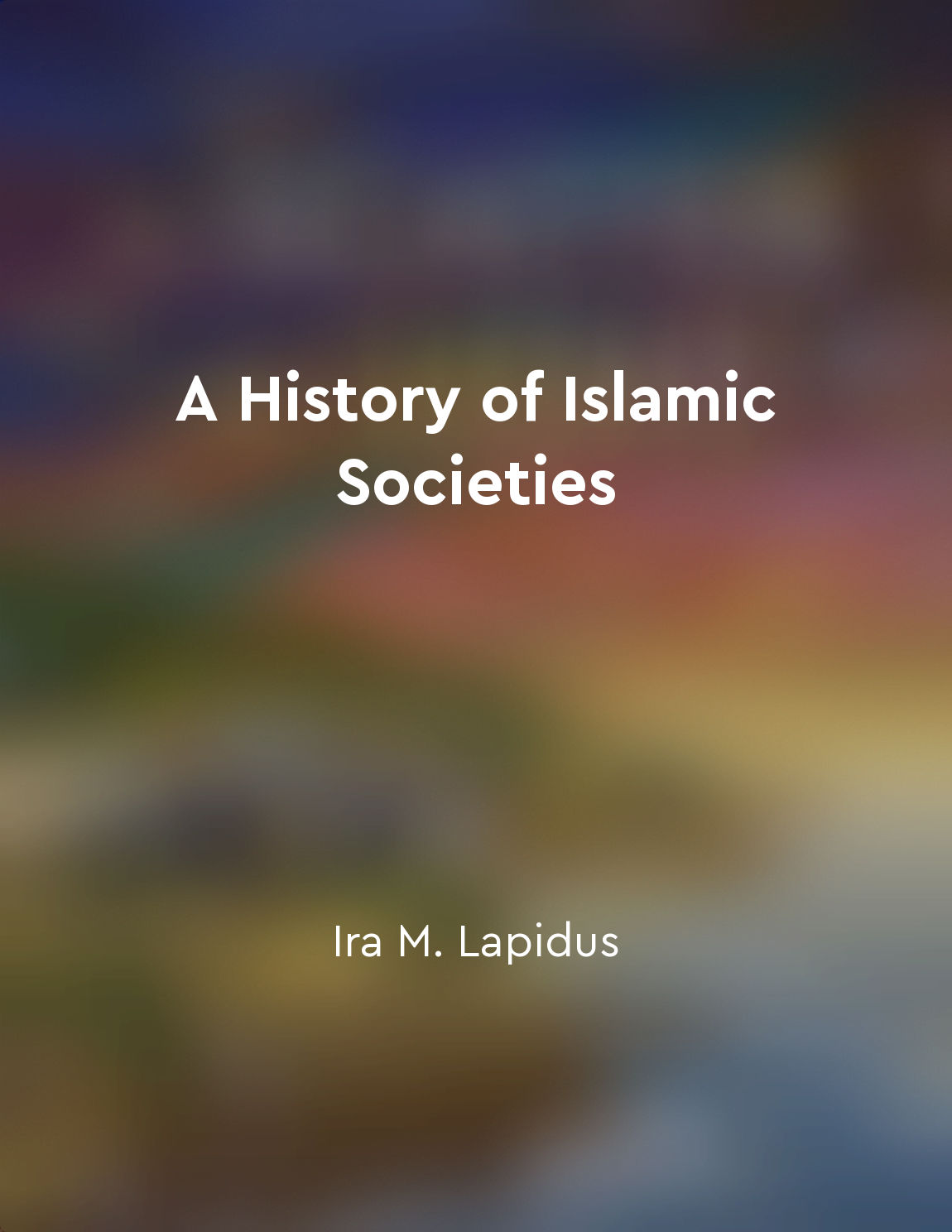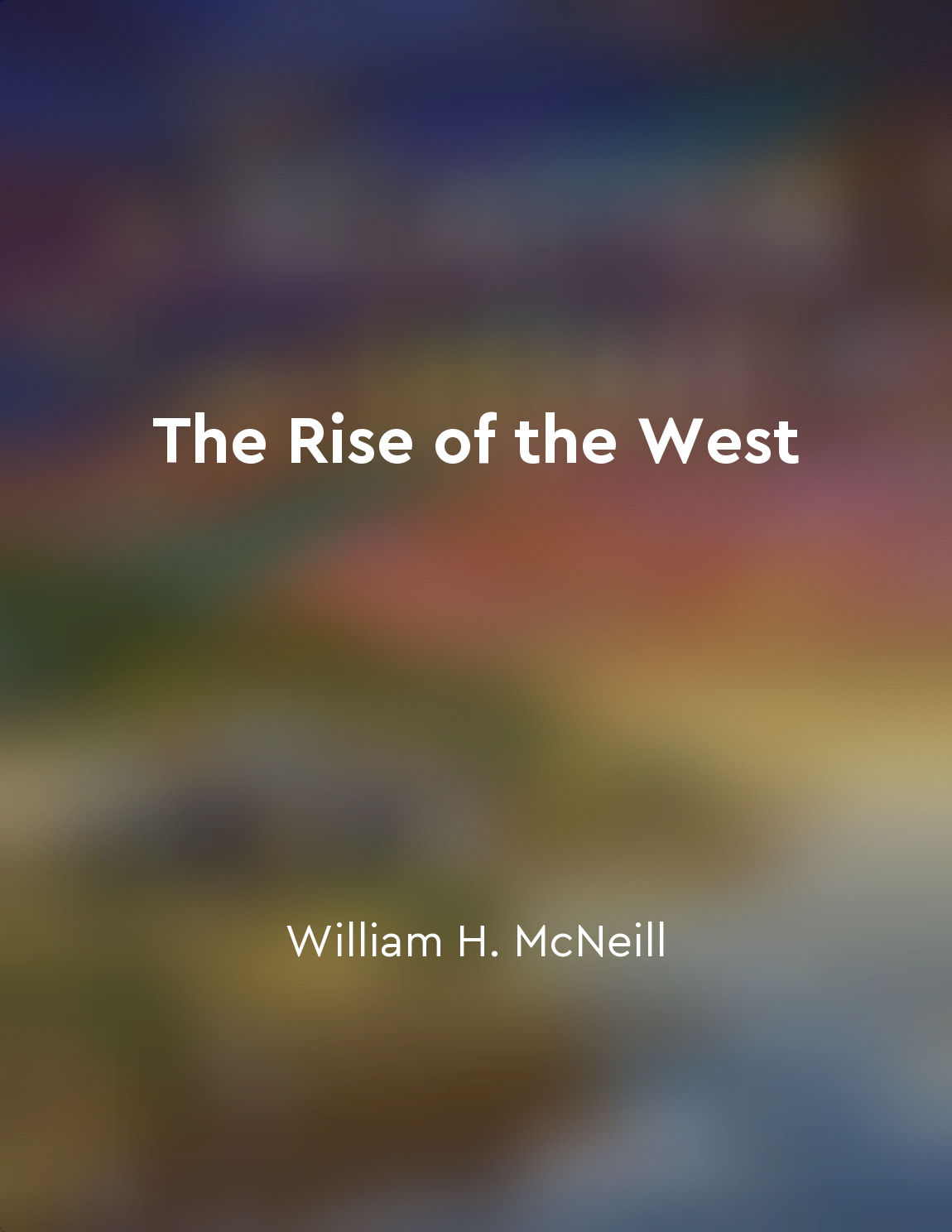The spread of Islam led to the creation of diverse societies from "summary" of A History of Islamic Societies by Ira M. Lapidus
The spread of Islam across diverse regions with distinct cultural, linguistic, and social backgrounds resulted in the creation of societies that were both influenced by Islamic teachings and retained elements of their pre-Islamic traditions. As Islam expanded into regions such as Persia, India, and North Africa, it encountered existing societies with their own unique practices and beliefs. Rather than completely erasing these pre-existing cultures, Islam incorporated and adapted to local customs, leading to the development of diverse societies that blended Islamic principles with local traditions. In Persia, for example, the spread of Islam led to the formation of a society that reflected the fusion of Persian and Islamic influences. Persian culture, with its rich history of art, literature, and governance, played a significant role in shaping the development of Islamic societies in the region. Persian scholars and administrators contributed to the spread of Islamic knowledge and governance, while Persian artistic traditions influenced the deve...Similar Posts

Islamic societies adapted to changing political landscapes
Throughout history, Islamic societies have demonstrated a remarkable ability to adjust to shifting political environments. This...

The West's rise is characterized by cycles of growth and decline
The historical development of the Western world is marked by a series of ebbs and flows, with periods of growth and prosperity ...
